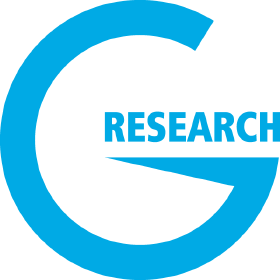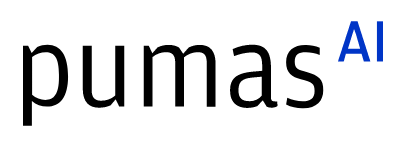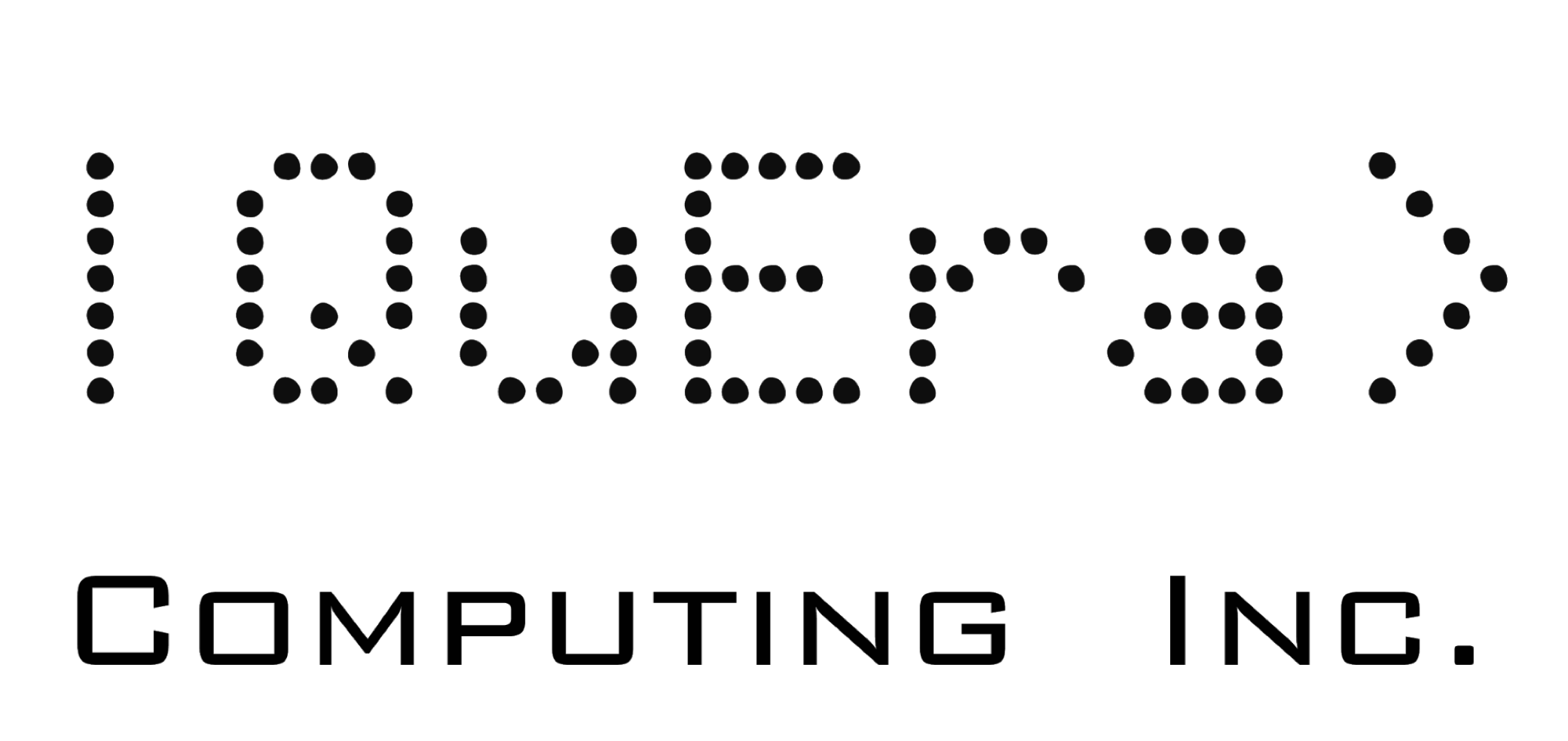Conference Agenda
14:00 UTC
Differentiable Earth system models in Julia
Patrick Heimbach, Nora Loose, Mathieu Morlighem, Boris Kaus, Chris Hill, Sri Hari Krishna Narayanan, Sarah Williamson
This minisymposium will feature the use of the differentiable programming paradigm applied to Earth System Models (ESMs). The goal is to exploit derivative information and seamlessly combine PDE-constrained optimization and scientific machine learning (SciML). Speakers will address (1) Why differentiable programming for ESMs; (2) What ESM applications are we targeting?; and (3) How are we realizing differentiable ESMs? Target ESMs include ice sheet, ocean, and solid Earth models.
18:00 UTC
Modeling of Chemical Reaction Networks using Catalyst.jl
Catalyst.jl is a modeling package for analysis and high performance simulation of chemical reaction networks (CRNs). It defines symbolic representations for CRNs, which can be created programmatically or specified via a domain specific language. Catalyst provides tooling to analyze models, and to translate CRNs to ModelingToolkit-based ODE, SDE, and jump process models. In this workshop we will overview how to generate, analyze, and efficiently solve such models across a variety of applications.
18:00 UTC
Julia in Astronomy & Astrophysics Research
This minisymposium aims to provide researchers in astronomers and astrophysicists an opportunity to share how Julia has enhanced their science and the challenges they encountered. We aim to identify shared needs (e.g., opportunities for new/upgraded packages) that could significantly accelerate the adoption of Julia among the astronomical research community. A secondary goal is to help strengthen the community of Julia developers active in astronomical research.
Platinum sponsors



Gold sponsors


Silver sponsors








Media partners



Community partners


Fiscal Sponsor
